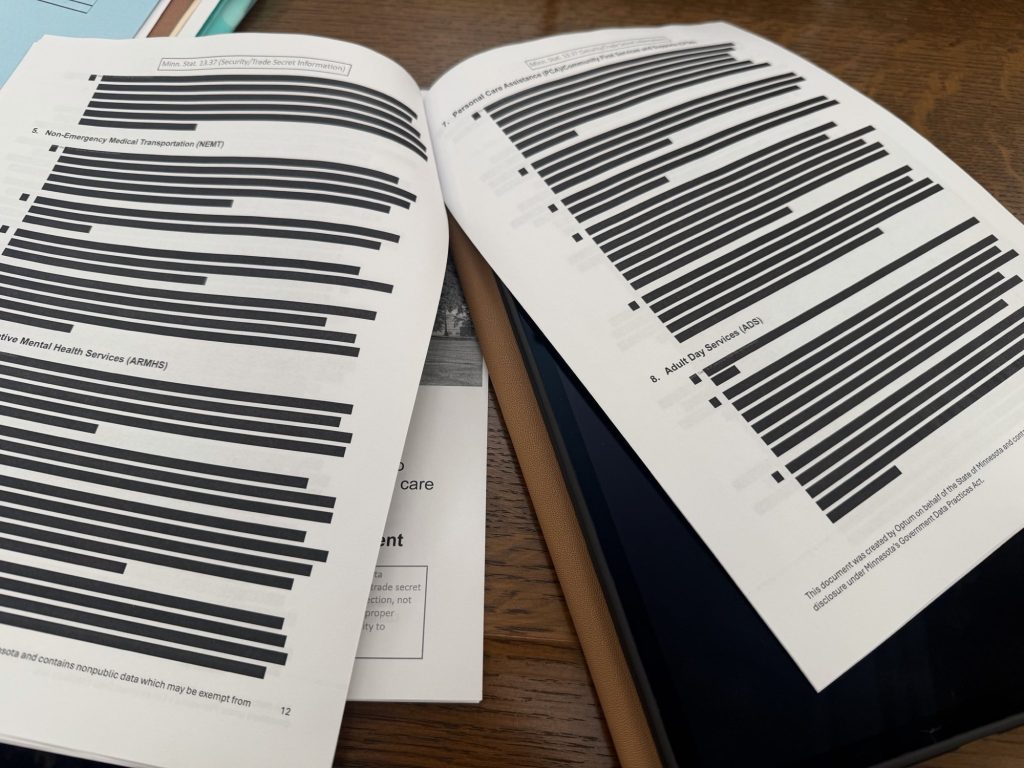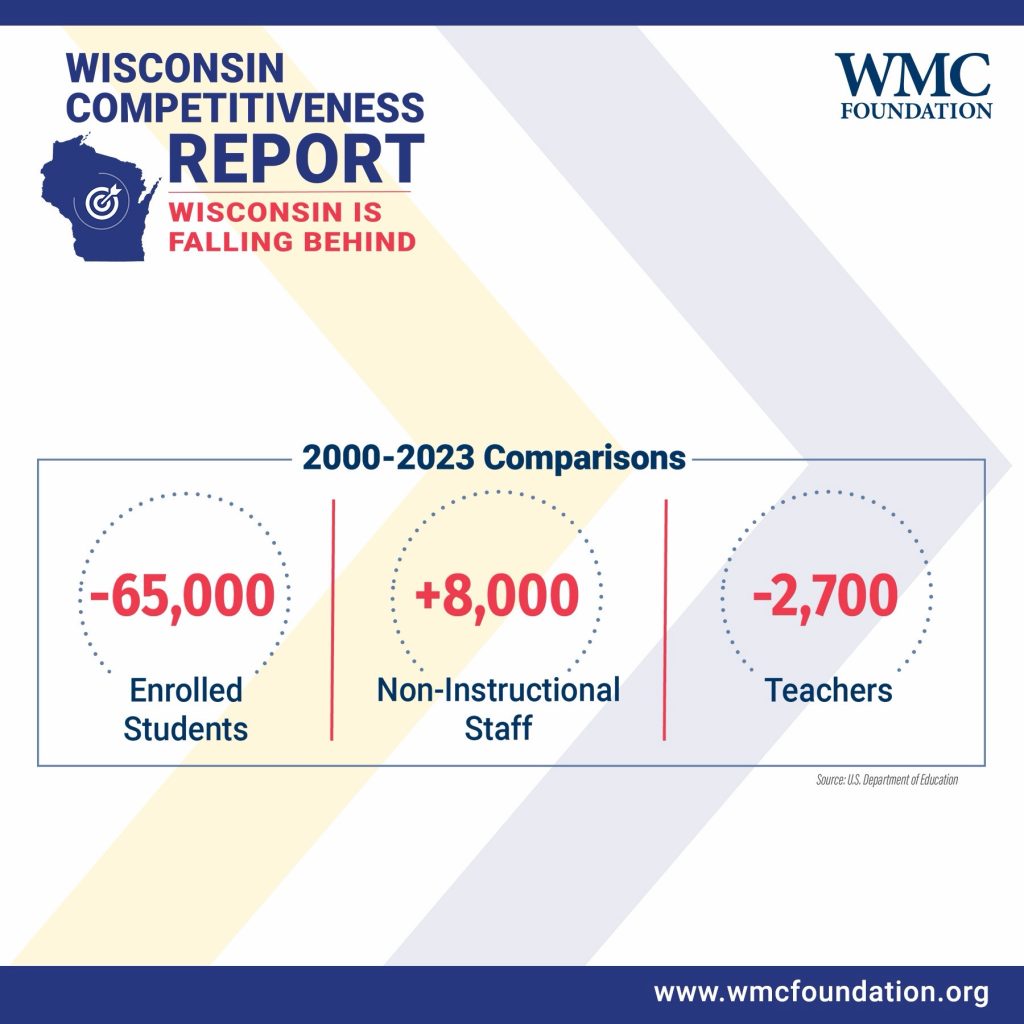As authorities investigate allegations that an East High School staff member fed dog food to a student, state Rep. Shelia Stubbs and other community leaders called on the Madison school district to expedite its review and release more information.
At the state Capitol Friday alongside Stubbs and others, Debra Hawkes said the staff member fed her 15-year-old son, Jaden, a can of wet dog food Feb. 13. Hawkes said her son is autistic and non-verbal.
Hawkes learned about the incident the following week and went to the high school several times asking for more information before meeting with the principal, she said.
“I should have got some answers by now. I should feel a little bit more comfort,” Hawkes said. “I do by the grace of God, but as far as Madison East High School, they didn’t give me nothing.”
Stubbs, who represents part of Madison’s east side in the state Legislature, said she was at “a complete loss of words” when she heard from Hawkes. The school district has given Hawkes the “bare minimum information,” Stubbs said.
“This is shameful, and this is unacceptable,” Hawkes said. “As a former special ed teacher, I’m appalled that this incident took place, and that families and students are suffering from mistreatment from staff and do not get the response that is necessary — and that is immediately.”
——-
1998! Money and school performance.
A.B.T.: “Ain’t been taught.”
8,897 (!) Madison 4k to 3rd grade students scored lower than 75% of the students in the national comparison group during the 2024-2025 school year.
Madison taxpayers have long supported far above average (now > $26,000 per student) K-12 tax & spending practices. This, despite long term, disastrous reading results.
Madison Schools: More $, No Accountability
The taxpayer funded Madison School District long used Reading Recovery…
The data clearly indicate that being able to read is not a requirement for graduation at (Madison) East, especially if you are black or Hispanic”
My Question to Wisconsin Governor Tony Evers on Teacher Mulligans and our Disastrous Reading Results
2017: West High Reading Interventionist Teacher’s Remarks to the School Board on Madison’s Disastrous Reading Results
Madison’s taxpayer supported K-12 school district, despite spending far more than most, has long tolerated disastrous reading results.
“An emphasis on adult employment”
Wisconsin Public Policy Forum Madison School District Report[PDF]
WEAC: $1.57 million for Four Wisconsin Senators
Friday Afternoon Veto: Governor Evers Rejects AB446/SB454; an effort to address our long term, disastrous reading results
Booked, but can’t read (Madison): functional literacy, National citizenship and the new face of Dred Scott in the age of mass incarceration.
When A Stands for Average: Students at the UW-Madison School of Education Receive Sky-High Grades. How Smart is That?
Legislative Letter to Jill Underly on Wisconsin Literacy






